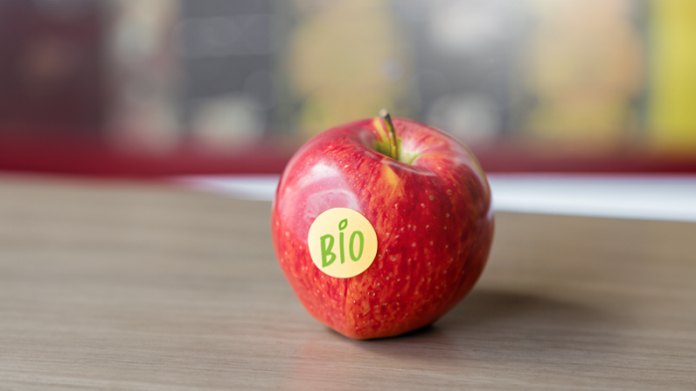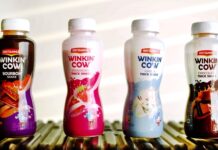UPM Specialty Papers is offering a compostable solution for paper-based food stickers. UPM LabelCoatTM and UPM LabelCoatTM Prime label face papers are certified as both industrially and home compostable, helping customers and brand owners meet EU’s Packaging and Packaging Waste Regulation proposal (PPWR) requirements.
PPWR aims to ensure that all packaging in the EU must be reusable or recyclable by 2030. It also sets out the requirements that sticky labels attached to fruits and vegetables need to be compostable in industrially controlled conditions.
“We are happy to provide a compostable solution, which helps our customers to meet this regulatory change as well as their sustainability targets,” says Juhani Ylikoski, Sales director at UPM Specialty Papers.
In addition to fruit stickers, UPM LabelCoatTM and UPM LabelCoatTM Prime can be used for a variety of other pressure-sensitive labeling applications.
A wide range of UPM Specialty Papers’ label papers have been certified as industrially and home compostable, helping brand owners and label converters meet their target of prioritizing materials with a sustainable end of life.
The preferred end of life for any paper is to be recycled as fibres. However, compostability is an area that sets fibre-based and fossil-based materials apart. While it is estimated that fossil-based materials take hundreds of years to decompose, the industrial compostability standard requires that material disintegrates into soil in less than 12 weeks.
The compostability certification ensures that the labelling materials, given the right conditions, break down into compost suitable for plant growth.
IndiFoodBev — authentic, impactful and influential
An English-language food and beverage processing and packaging industry B2B platform in print and web, IndiFoodBev is in its third year of publication. It is said that the Indian food and beverage industries represent approximately US$ 900 billion in revenues which implies more than 20% of the country’s GDP. Eliminating the wastage on the farmside can help to deliver more protein to a higher number of the population apart from generating sizable exports. The savings in soil, seeds, water, fertilizer, energy and ultimately food and nutrition could be the most immense contribution that country is poised to make to the moderation of climate change.
To improve your marketing and grow sales to the food and beverage processing and packaging industry, talk to us. Our research and consulting company IppStar [www.ippstar.org] can assess your potential and addressable markets in light of the competition. We can discuss marketing, communication, and sales strategies for market entry and growth.
Suppliers and service providers with a strategy and budget for targeted marketing can discuss using our hybrid print, web, video, and social media channels to create brand recognition linked to market relevance. Our technical writers are ready to meet you and your customers for content.
The second largest producer of fruit and vegetables in the world is continuously expanding processing capacities and delivery systems with appropriate innovative technologies. We cover product and consumer trends, nutrition, processing, research, equipment and packaging from farm to thali. Get our 2025 media kit and recalibrate your role in this dynamic market. Enhance your visibility and relevance to existing markets and turn potential customers into conversations. Ask for a sample copy of our bi-monthly in print or our weekly IndiFoodBev eZine each Wednesday.
For editorial info@ippgroup.in — for advertisement ads1@ippgroup.in and for subscriptions subscription@ippgroup.in
Naresh Khanna – 10 February 2025
Subscribe Now











